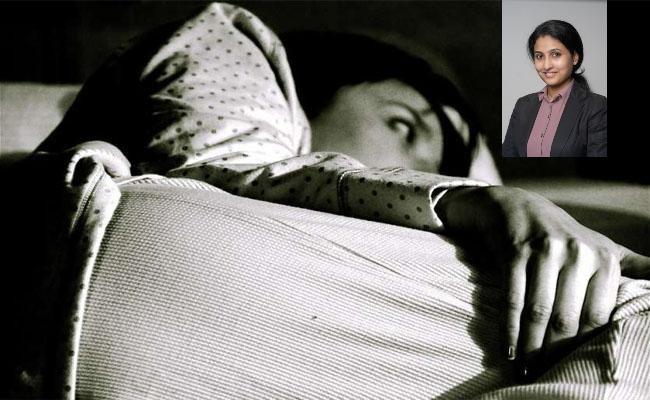Obstructive Sleep Apnea OSA: A Good Sleep Is Vital For Good Heath

Sleep apnea is a disorder that happens when a person's breathing is interrupted repeatedly during sleep. It is caused by a blockage of the airway, usually when the muscles in the back of throat collapses during sleep. If timely treatment is not taken, sleep apnea can cause a number of health problems, including high blood pressure, stroke, heart failure. Untreated these are also responsible for job impairment, road traffic accidents and depression.
Certain features commonly noted in patients with obstructive sleep apnea include obesity, large neck and structural abnormalities of nose, jaw bone. Snoring is not the necessary indication of something potentially serious, and not everyone who snores has obstructive sleep apnea. So the question arises - when to see a doctor? If you or if your partner observes the following features of obstructive sleep apnea, which include : excessive daytime sleepiness, loud snoring, abrupt awakenings at night accompanied by gasping or choking, morning headache, difficulty concentrating during the day, mood changes, high blood pressure, decreased libido. Most of the times, it is the partner who brings the situation to light before seeking medical help.
Patients with obstructive sleep apnea need to be evaluated by a ENT specialist and Pulmonologist. An overnight sleep study of OSA also called as polysomnogram (PSG). A PSG is performed under the direct supervision of a trained technologist. While testing body functions, such as electrical activity of the brain, eye movements, muscle activity, heart rate, breathing patterns, air flow, and blood oxygen levels are recorded at night during sleep. After the study is completed, the number of times breathing is impaired during sleep is calculated and the severity of the sleep apnea is graded.
In mild cases of obstructive sleep apnea, conservative therapy is beneficial. A healthy diet and regular exercise goes a long way in management of this condition, with even a 10% weight loss reducing the number of apneic events for most patients. Individuals with obstructive sleep apnea should avoid the use of alcohol and sleeping pills, which make the airway more likely to collapse during sleep and prolong the apnea periods. For patients with more severe OSA, mechanical devices like PAP therapy is useful. In this, patients wear a mask over their nose and/or mouth. An air blower gently forces air through the mouth and nose. The air pressure is adjusted in that manner which is enough to prevent the upper airway tissues from collapsing during sleep. There are certain oral mandibular advancement devices that help keep the airway open during sleep. Certain surgical procedures for deviated nasal septum, enlarged tonsils or small lower jaw can also help the patient. Early recognition along with appropriate grading and treatment is crucial to prevent the dangerous consequences of this condition.
This article is authored by - Dr. N Apoorva Reddy – Senior ENT Head and neck Onco Surgeon, Kamineni Hospital, LB Nagar, Hyderabad





